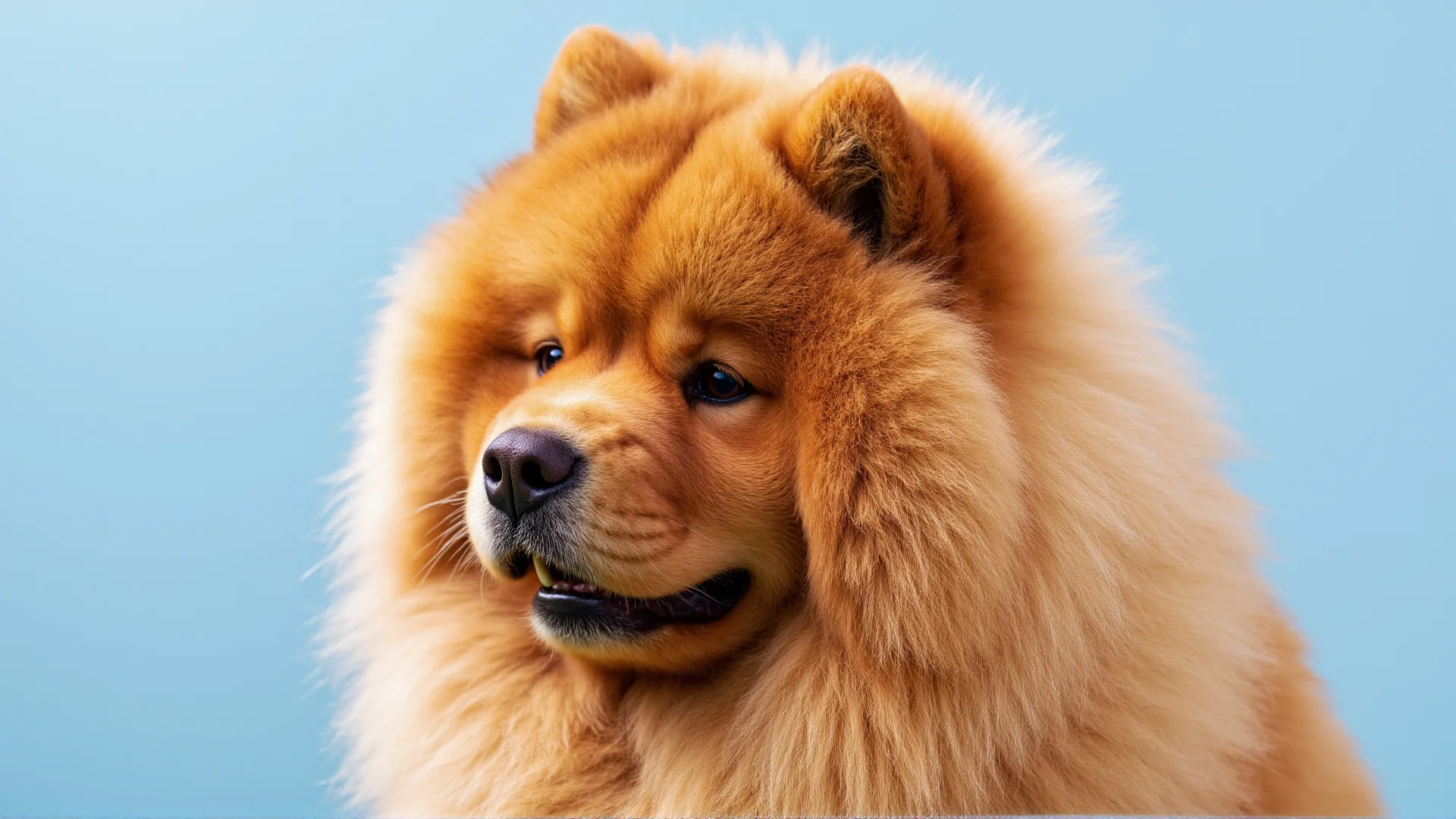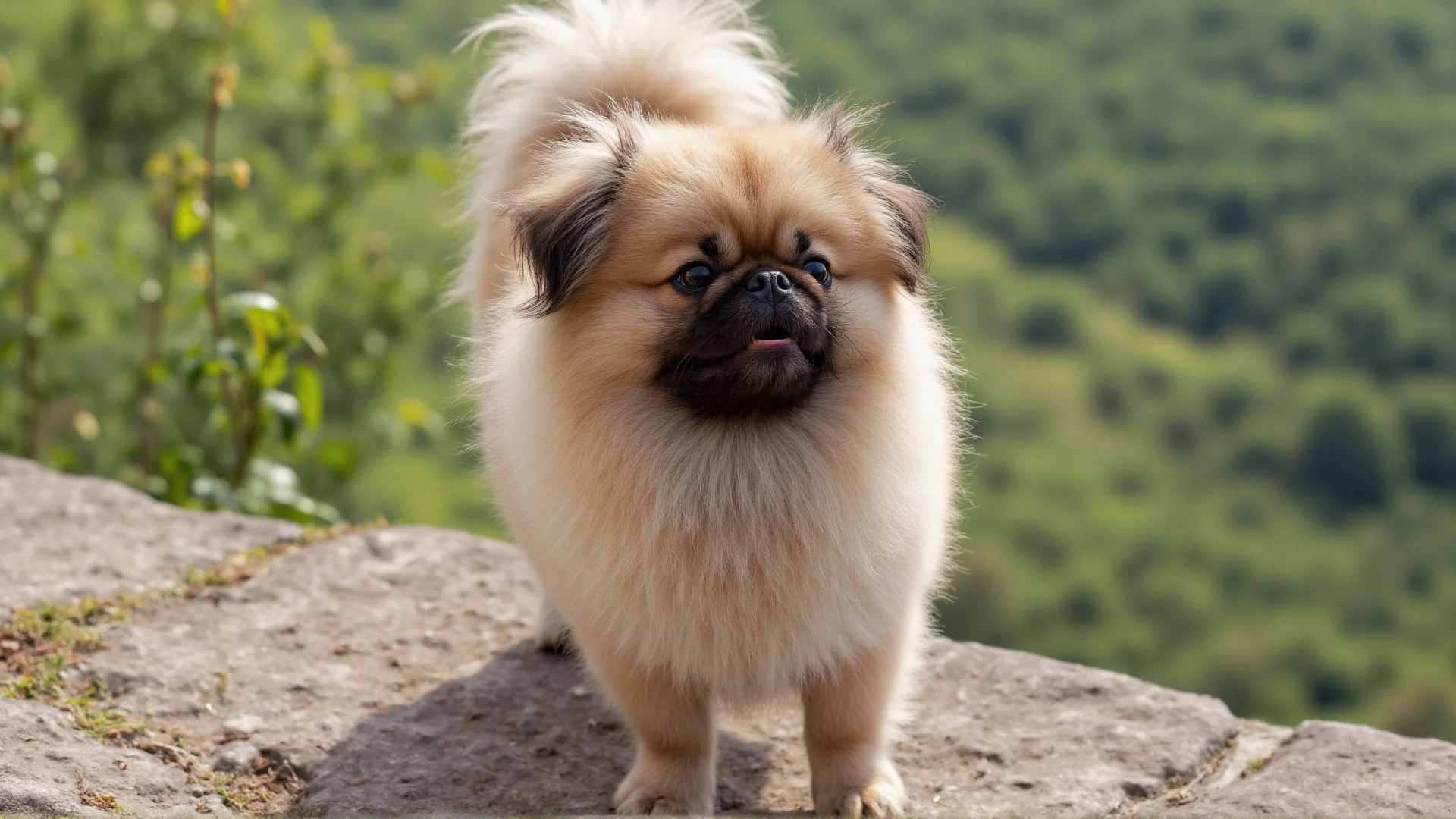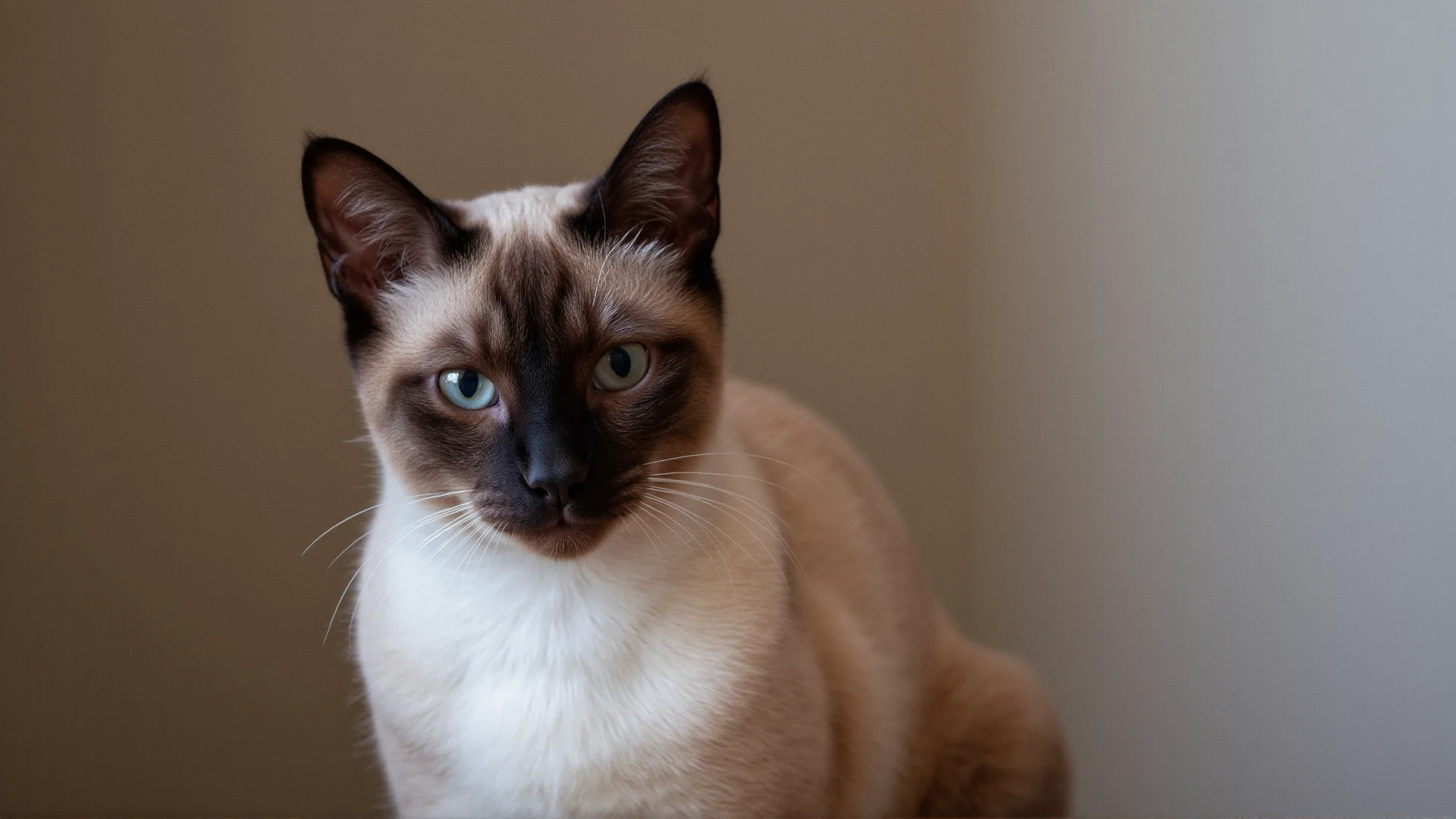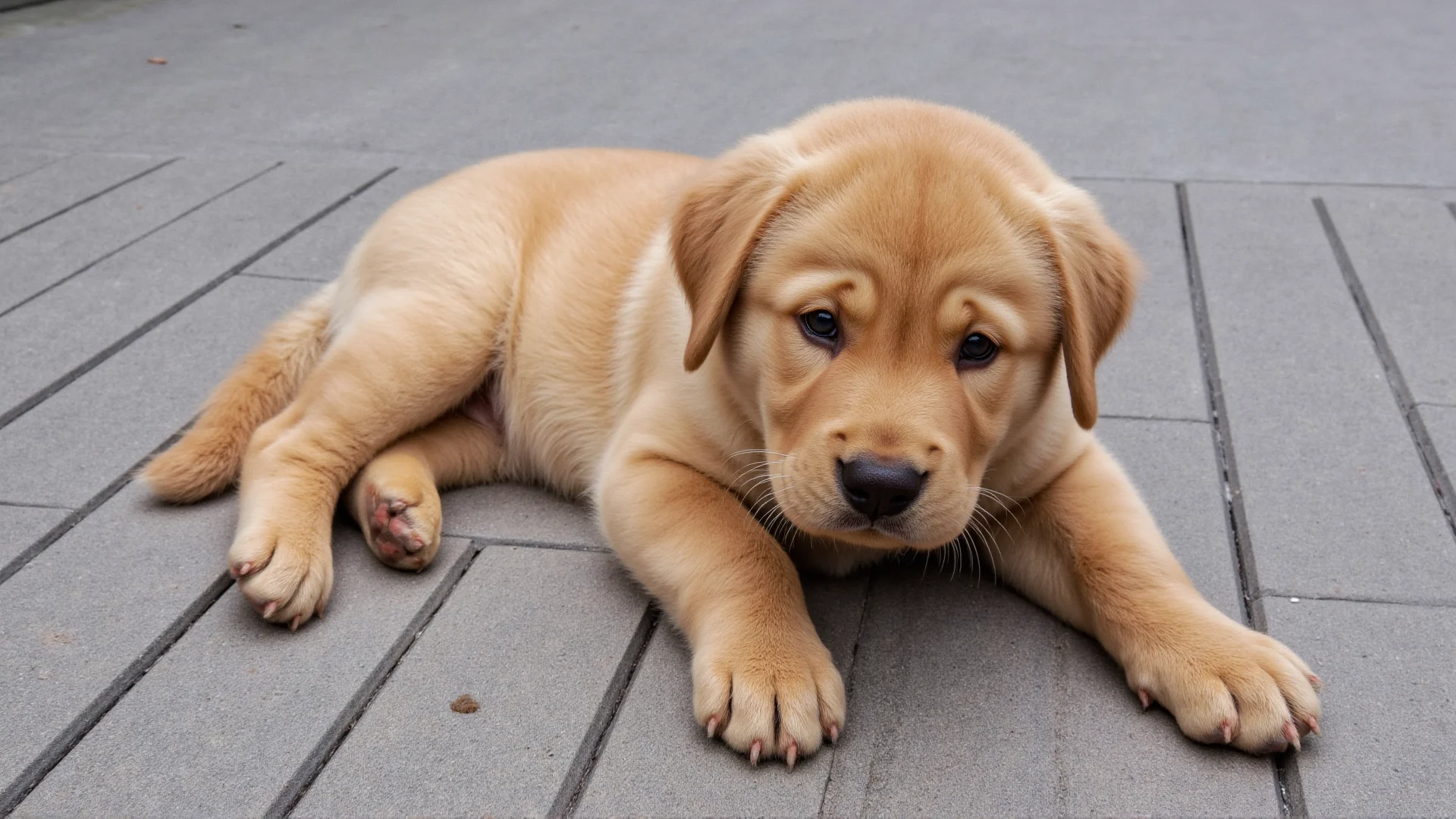The Complete Chow Chow Care Guide: Everything You Need to Know About This Majestic Breed
Chow Chows are among the most distinctive and ancient dog breeds in the world, with their lion-like mane and unique blue-black tongue. These dignified companions require specialized care to thrive. Whether you're a new Chow Chow owner or considering adding one to your family, this comprehensive guide will help you understand everything you need to know about caring for these magnificent dogs.
Understanding the Chow Chow Temperament
Before diving into care specifics, it's crucial to understand the Chow Chow's unique personality. These dogs are known for their:
- Independence: Chow Chows are naturally aloof and prefer to make their own decisions
- Loyalty: They form strong bonds with their family but can be reserved with strangers
- Dignity: They carry themselves with a regal bearing and don't appreciate rough handling
- Protectiveness: Natural guardians who will defend their territory and family
Understanding these traits is essential for providing appropriate care and building a strong relationship with your Chow Chow.
Grooming: The Foundation of Chow Chow Care
Grooming is perhaps the most critical aspect of Chow Chow care due to their thick double coat.
Daily Brushing Requirements
Chow Chows require daily brushing to prevent matting and maintain coat health:
- Use a pin brush for the outer coat and an undercoat rake for the dense undercoat
- Pay special attention to areas prone to matting: behind ears, under legs, and around the tail
- Brush in sections, working from the skin outward
- During shedding season (spring and fall), increase brushing frequency to twice daily
Bathing Best Practices
Proper bathing technique is crucial for Chow Chows:
- Bathe every 6-8 weeks or when necessary
- Use lukewarm water and high-quality dog shampoo
- Thoroughly wet the coat down to the skin before applying shampoo
- Rinse completely - leftover soap can cause skin irritation
- Use a high-velocity dryer or allow plenty of time for air drying
Professional Grooming
Consider professional grooming every 6-8 weeks for:
- Nail trimming and ear cleaning
- Sanitary trimming around sensitive areas
- Overall coat maintenance and shaping
- Professional assessment of skin and coat health
Nutrition: Fueling Your Chow Chow's Health
Proper nutrition is fundamental to maintaining your Chow Chow's health and beautiful coat.
Choosing the Right Food
Select high-quality dog food with these characteristics:
- High-quality protein as the first ingredient (chicken, fish, lamb)
- Appropriate for your dog's life stage (puppy, adult, senior)
- Contains omega-3 and omega-6 fatty acids for coat health
- Grain-free options if your dog has sensitivities
Feeding Schedule and Portions
Establish a consistent feeding routine:
- Puppies (2-6 months): 3-4 meals per day
- Puppies (6-12 months): 2-3 meals per day
- Adults: 2 meals per day
- Portion size: Follow manufacturer guidelines and adjust based on your dog's activity level and body condition
Special Dietary Considerations
Chow Chows may benefit from:
- Joint support supplements (glucosamine and chondroitin)
- Probiotics for digestive health
- Fish oil supplements for coat and skin health
- Limited ingredient diets if allergies are present
Exercise and Mental Stimulation
While Chow Chows are not high-energy dogs, they still require regular exercise and mental stimulation.
Daily Exercise Requirements
Provide moderate, consistent exercise:
- 30-45 minutes of daily walking
- Split into 2-3 shorter walks rather than one long session
- Avoid intense exercise during hot weather due to their thick coat
- Indoor play can supplement outdoor activities
Mental Enrichment Activities
Keep your Chow Chow mentally stimulated with:
- Puzzle toys and treat-dispensing games
- Basic obedience training sessions
- Supervised exploration of new environments
- Interactive play that respects their independent nature
Health Monitoring and Veterinary Care
Chow Chows are prone to certain health conditions that require vigilant monitoring.
Common Health Concerns
Be aware of these breed-specific health issues:
- Hip and Elbow Dysplasia: Joint malformations that can cause pain and mobility issues
- Entropion: Inward rolling of eyelids that can damage the cornea
- Bloat (GDV): Life-threatening stomach condition requiring immediate veterinary attention
- Hypothyroidism: Underactive thyroid affecting metabolism and coat quality
- Allergies: Environmental and food allergies are common
Preventive Care Schedule
Maintain regular veterinary care:
- Puppies: Visits every 3-4 weeks until 16 weeks old
- Adults: Annual wellness exams and vaccinations
- Seniors (7+ years): Bi-annual check-ups with bloodwork
- Dental care: Professional cleanings as recommended by your vet
Signs to Watch For
Contact your veterinarian if you notice:
- Changes in appetite or water consumption
- Difficulty walking or reluctance to exercise
- Eye discharge or squinting
- Excessive scratching or skin irritation
- Breathing difficulties or overheating
Creating a Chow Chow-Friendly Environment
Adapt your home environment to meet your Chow Chow's specific needs.
Temperature Control
Due to their thick coat, Chow Chows are sensitive to heat:
- Provide air conditioning or fans during warm weather
- Ensure access to cool, shaded areas outdoors
- Consider cooling mats for hot days
- Avoid exercising during peak heat hours
Safe Spaces
Create comfortable retreat areas:
- Quiet spots where your dog can rest undisturbed
- Elevated beds or cooling pads
- Easy access to fresh water throughout the house
- Non-slip surfaces on smooth floors to prevent joint strain
Training and Socialization Considerations
Chow Chows require patient, consistent training that respects their independent nature.
Training Approach
Use positive reinforcement methods:
- Start training early but keep sessions short (5-10 minutes)
- Use high-value treats and gentle praise
- Avoid forceful or harsh correction methods
- Focus on basic commands: sit, stay, come, down
- Practice leash training to prevent pulling
Socialization Guidelines
Proper socialization is crucial for Chow Chows:
- Expose to various people, animals, and situations early
- Keep interactions positive and controlled
- Respect their natural wariness of strangers
- Supervise interactions with children and other pets
Seasonal Care Considerations
Adjust your care routine based on seasonal changes.
Summer Care
- Increase grooming frequency to remove excess undercoat
- Provide plenty of shade and fresh water
- Exercise during cooler parts of the day
- Watch for signs of overheating
- Consider professional coat thinning (not shaving)
Winter Care
- Allow natural coat growth for insulation
- Protect paw pads from ice and salt
- Maintain regular exercise despite weather
- Monitor for dry skin due to indoor heating
Building a Strong Bond with Your Chow Chow
Developing a relationship with a Chow Chow requires patience and understanding of their unique personality.
Respect Their Independence
- Allow them space when they seek solitude
- Avoid forcing affection or interaction
- Let them approach new situations at their own pace
- Recognize and reward their natural behaviors
Establish Trust
- Be consistent in your routines and expectations
- Handle them gently, especially during grooming
- Provide security through stable leadership
- Respect their protective instincts while maintaining control




